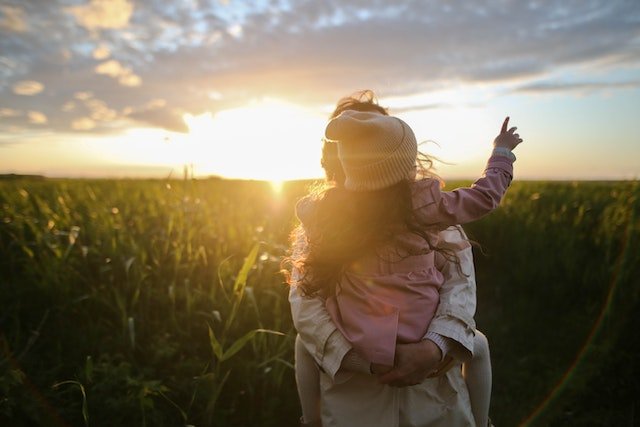Childhood trauma doesn’t just affect someone when they’re young. The impact of childhood trauma can linger well into adulthood. In fact, depending on the circumstances, someone who experienced childhood trauma can suffer profoundly even decades after the event. This is especially true if they never received support after the traumatic events.
Many people don’t have the opportunity to seek help for childhood trauma until they are much older, which means that the events could affect every area of their lives for years on end, from their relationships to their careers. Here are just a few of the many ways that childhood trauma can influence an individual’s life in adulthood.
Difficulty Trusting Other People
Lots of people who survived trauma as children have trouble trusting other people in adulthood. If they experienced this within their family, they may have clear reasons not to trust their parents, siblings, or other relatives, and these relationships may be strained or nonexistent as a result. They might have difficulty forming healthy friendships or romantic relationships because they assume that the other person only wants to hurt them. It may even be hard for them to trust their coworkers. These insecurities can bleed into every part of one’s life, leaving them feeling lonely and vulnerable when they desperately need a support system to lean on.
Undiagnosed Post-Traumatic Stress Disorder
While trauma does not always lead to post-traumatic stress disorder, many people who enter adulthood carrying the burden of untreated trauma from childhood do suffer from undiagnosed PTSD. Furthermore, people who lived through multiple forms of traumatic, or experienced repeated traumatic incidents, might have complex PTSD. Living with either of these conditions is not easy, especially if an individual doesn’t recognize the symptoms or feel comfortable reaching out for help.

Attachment Styles
Relationships in adulthood are defined by the attachment styles that people develop in childhood. Someone who lived through childhood trauma will often struggle to form secure attachments in adulthood. Instead, they may push people away when they try to get too close. Alternatively, they might seek out relationships that aren’t necessarily healthy for them, but mirror the rocky dynamics that they grew up with. Because of this, they can easily end up repeating the same familiar patterns. It’s not easy to break free from these behavioral cycles.
Substance Abuse
How do people cope with the long-term effects of childhood trauma? Unfortunately, some turn to self-harm or substance abuse. This is especially common among people who have not had the chance to get professional support. The symptoms of lasting trauma can have a noticeable, negative effect on one’s quality of life. Dealing with these symptoms with no relief can leave someone grasping for anything to take the pain away, if only momentarily. At first, using these substances can feel like an escape for someone who suffered from trauma. But over time, substance abuse will only worsen the individual’s mental and physical health.
Struggles With Other Mental Health Conditions
Finally, those who lived through childhood trauma often end up dealing with other mental health conditions in adulthood. They may be more susceptible to depression and anxiety. Living with multiple mental health conditions is not easy, and someone who is struggling with depression or anxiety might struggle to reach out for help when they need it most. Additionally, dealing with these conditions at the same time can make their circumstances feel unsurmountable. It can be hard to see a way out.
—
Are you struggling to cope with the impact of childhood trauma well into adulthood? Working with a therapist can help. Reach out to us to discuss your options for scheduling your first session for trauma treatment.




